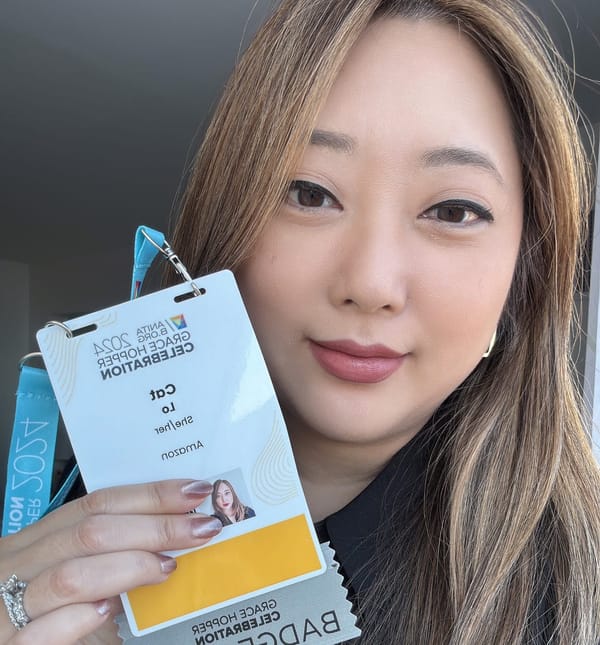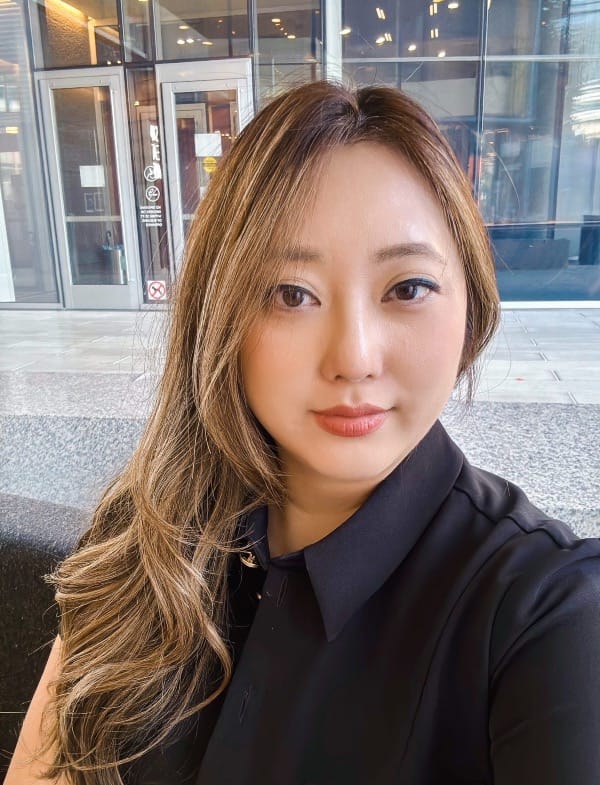How to explain yearly achievements to your manager
Last week, we had to turn in written descriptions for "above and beyond" actions, expectations exceeded from role guidelines.

Happy New Year! I took a much-needed extended holiday break. We went to Boston to visit my in-laws for the first time since the pandemic, and caught up with friends that we haven't seen in a long time. After, I cooked NYE brunch at my cousin's house for her in-laws. I spent my time off baking egg tarts, decluttering, reading, and Netflix. A week of no obligations made me feel incredibly rested after a cattywampus December.


January mood. Baking in the holidays brought me so much joy
Before the end of the year, we had drafted our year-end summaries, including wins and growth areas. Last week, we had to turn in written descriptions for "above and beyond" actions, expectations exceeded from role guidelines.
Writing these summaries is difficult, time-consuming, and requires a lot of introspection. It's a skill that I had to practice and develop over 2 years, and I still needed peers to review them. One of the biggest points is describing what makes you prescriptively distinct.
❌ "A customer obsessed, UX designer, passionate about people and solving their problems."
❌ "A UX thought leader who carries compassion, respect, and empathy"
These are not it. These are generic and aspirations for who you want to become. You are known for and best at "x". This "x" is based on 1-3 themes. It reflects your historical experiences in domains, methods, and principles. Nobody can hold a candle together with passion for this thing than you can.
Now take these themes you've created, and craft a narrative. Insert initiatives throughout these themes and show us the distinction with simplicity and clarity.
Why does this work?
- Communicates the value you bring and why they should care.
- Prescriptive, targeted and not generic.
- Demonstrates confidence and clarity, signals of trust of delivery.
Now that you are clear with describing your past achievements, what about this upcoming year? My recommendation is not to set any resolutions because most people aren't serious or motivated enough to achieve them.
I focus on growth themes and assign myself tasks that are "a bit unreachable." For example, writing this newsletter on a weekly cadence. I know it's a difficult task, but achievable with proper endurance. If I set "write 1 post a month", that would be too easy and make the goal meaningless.
Growth themes are about the journey and destination. In 2023, the keywords I invested heavily on were "broad influence, resiliency, high-standards", these are leadership qualities that I exemplified, studied, and gotten active mentorship on.
In 2024, I am still deciding on what my theme will be. I want to focus on a narrow initiative and deliver with complexity. I will dedicate a lot more effort to my life outside of work, includes my physical/mental health, nurturing connections, and developing a strong sense of self advocacy and voice. Maybe pitching articles or talks at conferences, it seems like a good evolution of this writing practice.
What are some of your thoughts going into 2024? Reply and let me know.
3 real reads that resonated with me in January.



R.I.P. InVision.
“New goals don’t deliver new results. New lifestyles do. And a lifestyle is a process, not an outcome. For this reason, all of your energy should go into building better habits, not chasing better results.” James Clear








